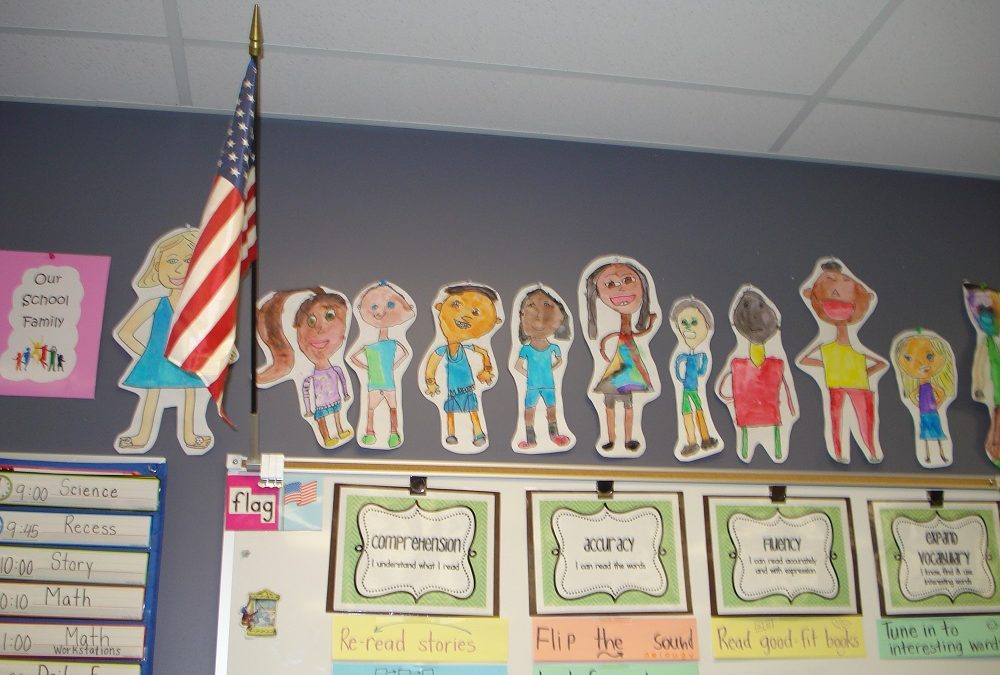In psychology we define generalization as “the brain’s tendency to respond in the same way to different but similar things or situations.” For example, when you were in fifth grade your math teacher taught you a formula or principle using a few example problems. Then she’d give you a test with some different problems to see if you could still recognize and apply it. If you could, she’d know you’d learned it. You count on generalizing to apply what you learn to similar situations in the future and cope with them.
We must generalize continually to learn anything. We can’t learn enough by looking at examples of things, we need to pool our experiences and create expectations that allow us to plan our lives. Which restaurant tonight, with whom? Who can I count on to help with this new project? I don’t have a tool to fix this, what could I substitute that will work almost as well? We need to identify what’s similar between different things to make choices.
Overgeneralizing creeps in when the new situation is not as similar as you think. You might have applied a formula to a problem where it didn’t work and gotten it wrong in fifth grade. In real life you’re presented with countless opportunities to apply previous learning in situations where it doesn’t fit. Stereotyping is an example of overgeneralizing with people. It’s a short-cut for evaluating another person which may have had survival value in ancient times. Humans (and other animals) naturally do it because they want or need a quick idea of how to relate to someone new.
However, it takes time to see other people accurately in all their unique complexity. We may see traits in someone new that remind us of others we’ve known or heard about and think they’ll be alike. You can’t take time to know that many people very well. If your Adult doesn’t recognize when you’re relying on assumptions that you haven’t checked out yet, you may fail to see how your new acquaintance is different from what you thought.
If you then treat him unfairly, and don’t recognize signs that your assumptions don’t fit, your overgeneralization can set off some toxic beliefs. You can expect things that are positive or negative about him that aren’t true. Either way, you’ll create problems when you try to relate, as long as your Adult doesn’t wake up and see that you’ve overgeneralized into a false view of him.
When you realize you don’t have enough information to judge someone, you’re less likely to get drawn into fight-or-flight interactions with them. Your Adult can keep monitoring for when a toxic belief is emerging and refrain from being hurt by or blaming this new person. For example, Belief #3, where you blame someone for making what you consider a mistake, is one belief that becomes more intense when you overgeneralize. Your Adult may not consider how his differences could cause his unexpected behavior and your Critical Parent comes down on him. A strong Adult will guard against this by recognizing your human tendency to assume similarities between people without checking out your assumptions before you spring into fight-or-flight.
Overgeneralizing may be the most common source of misinformation that leads you to operate in a “false world.” This brain habit causes an inevitable struggle for your Adult to manage all your life. It spawns serious social justice problems when people hear and believe negative things about groups who differ from their own. Keeping an open mind about people who differ from us seems to be very hard. We often overgeneralize by equating different with threatening and press newcomers to conform to our ways. In our distant past this tendency may have been protective for our survival, but you’ll need to update it indefinitely.
You’re probably aware of stereotypes for groups with different skin color, religion, personal style, interests, occupation, sexual identification, accent, etc. Others will urge you to join them as they discriminate against others who are different. They count on scaring or tempting your Child and sucking in your Parents (and their toxic beliefs) to override your Adult functioning. Once your Adult learns how to recognize their pressures to overgeneralize, it can begin its detective work. It must identify the toxic beliefs of your Parents, reassure your Child and finally develop Wise Parent messages to help keep you on track. I don’t really know yet is a good phrase to keep handy.

